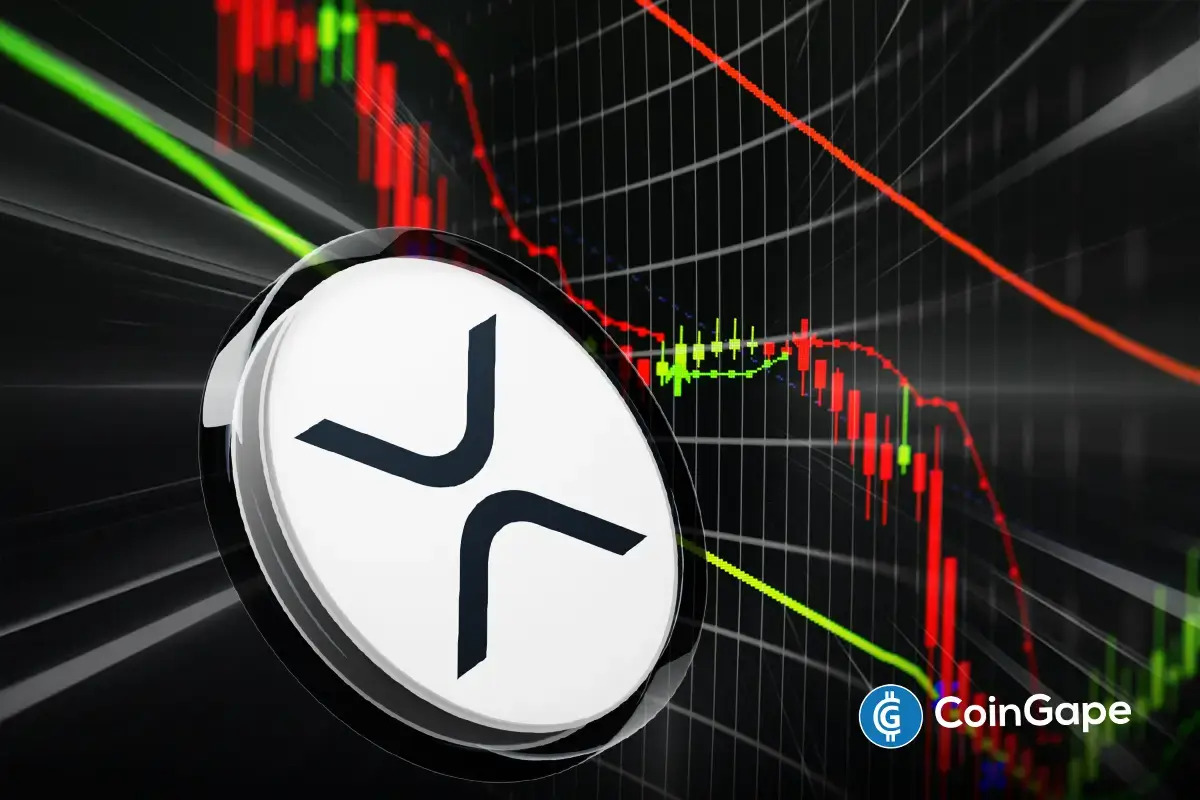A bear market refers to a considerable negative movement in the share price of an asset. Normally, this is when the price of a stock or digital coin moves southward. A bearish market indicates low investors’ sentiments and a strong market downtrend.
A bear market is characterized by a significant decline in prices over a considerable short period. The cryptocurrency market is relatively small compared to the traditional equity markets and is thus more volatile. A price drop of 85% is not rare in the crypto market. That is the reason why we rarely see stronger and prolonged crypto bear markets.
Some say that the bear market has its origin in an old saying about not selling the skin of the bear until the bear is caught. Others believe that the term derives from how a bear attacks its prey by moving its paws downward.
Usually, a bear market lasts for almost over a year. Since World War II, Wall Street has seen more than 13 bear markets (every five or six years on average), with each lasting nearly 362 days.
A bear market usually corrects itself, and the economy rebounds rather fast. However, if the value of stocks continues to decline, it can lead to a recession. When there is a slowdown in economic activities or contraction in the economy, leading to a fall in a country’s real GDP for two consecutive quarters – that is known as a recession.
Two examples of a bear market include- The 1929 Great Depression and The 2007–2009 Financial Crisis.
A bear market in crypto
In December 2017, Bitcoin price fell from almost $20,000 to just over $3,200 in just a couple of days, thus becoming the most famous crypto crash to date. Later, it rose drastically to hit approximately $65,000 per token in April 2021, before falling to below $32,000 in May.
How does it differ from Bull Markets?
The bull market is just the opposite of a bear market where prices rise because of optimism among investors. Rising prices or bullish trends develop a positive sentiment in the market as investors are more confident about their investments and tend to invest more.


 Buy $GGs
Buy $GGs






